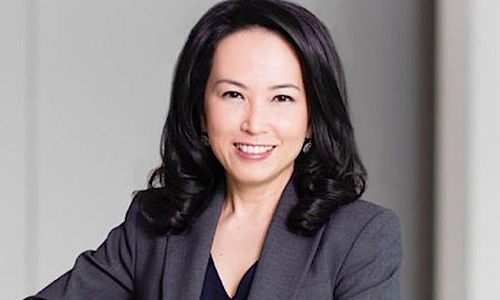UBS: «It is in China’s Interest to Keep Hong Kong Differentiated»
UBS believes the national security law could inspire stability in Hong Kong under the assumption that the free flow of people, capital and ideas alongside the common law are retained.
Hong Kong continues to be a very important financial center for many years to come and Beijing is more than aware of its benefits alongside other embedded institutional or cultural characteristics, according to Min Lan Tan, head of UBS’s chief investment office in Asia Pacific, during a media conference.
«As a fundamental assessment, we do believe that it is in China’s interest to continue to keep Hong Kong differentiated as a Chinese city where common law applies and where there continues to be freedom in terms of movement of people, capital and ideas,» Tan said.
If Applied as Intended
On the proposed national security legislation which has yet to be unveiled, Tan highlighted three most important factors to consider: how China defines and applies the law in Hong Kong; how the U.S. responds to this law; and how the local business community and general population responds to this law.
«If the law is applied as intended – which is to target secession, subversion, terrorism and foreign interference – while all aspects of the basic law and the current institutional setting in Hong Kong remain unchanged then it is probably positive for the longer run,» Tan said, adding that such an outcome could reduce cases of extreme social unrest.
U.S. Interests
With regard to Washington’s response, Tan sees little worries about Hong Kong joining mainland China’s tariff regime due to limited exports to the U.S. While Hong Kong could lose more preferential treatments, she noted that broad-based sanctions from Washington were unlikely due to its double-edged nature.
«The U.S. has significant interests in Hong Kong – more than 1,300 incorporated companies and a sizeable interest from almost every major U.S. financial institution,» Tan explained.
«So the U.S. would want to ensure its own business interests do not become collateral damage.»
No Capital Flight
And on the response of Hong Kong’s local business community, Tan said the Hong Kong dollar remained strong and that there had been little observation of significant capital outflows.
«So far, I have to say that there are really no signs of capital flight out of Hong Kong,» she said, adding that the bank expects this to continue in the foreseeable future. «We do think both China and U.S. will probably act rationally with regards to Hong Kong.»
Positive Global Outlook
Globally, UBS expressed less uncertainty about an improving outlook despite the ongoing coronavirus pandemic. The bank’s base case scenario is for sustained economic recovery to begin in the third quarter this year before activity normalizes by the first half of 2021.
The bank forecasts contractions to global (-21 percent) and Asia ex-Japan (-2 percent) earnings in 2020 before a strong rebound next year of 25 percent and 18 percent, respectively.
In addition to extraordinary monetary stimulus, UBS also expected future coronavirus-related occurrences to be digestible by the healthcare system.



























